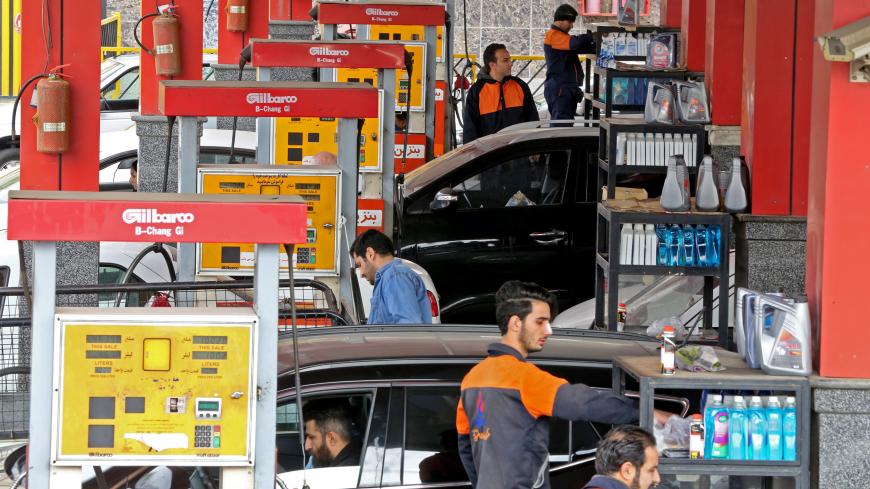Smuggling in general and fuel smuggling in particular have continuously undermined the Iranian economy for a long time. Over the past few months, after the sharp devaluation of the Iranian rial, fuel smuggling has increased and it is estimated that 10 million to 20 million liters of fuel, i.e., 12-24% of Iran's daily consumption (especially diesel and gasoline), is smuggled out of the country. In an apparent bid to contain the runaway smuggling, Iranian authorities recently reintroduced fuel cards — a policy that had been introduced in 2007 as a prelude to introducing higher fuel prices and eventually removing fuel subsidies. The subsequent subsidy reform plan, which was initiated in December 2010, was relatively successful in curbing consumption but faced challenges in the later phases of its implementation.
In a Nov. 19 announcement, the National Iranian Oil Products Refining and Distribution Company (NIOPRDC), a subsidiary of the Oil Ministry, asked owners of cars and motorcycles to reactivate their old fuel cards or apply for new ones. The decision to reintroduce fuel cards had already been communicated in January this year but had not been implemented. In order to reduce the cost of issuing and managing millions of new fuel cards, the Central Bank of Iran declared that existing bank cards could also be used as fuel cards. The base data would be the national identity numbers of vehicle owners and the relevant information would be stored on the databases. It is expected that within the next few weeks the government will have the technical tools needed to make the use of fuel cards obligatory in gas stations.



